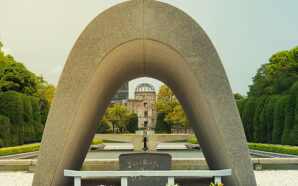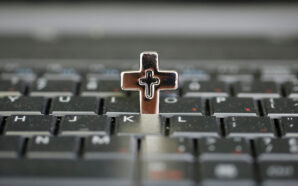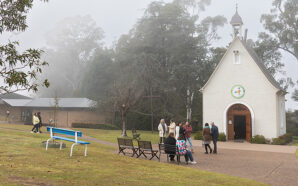When we, the Church, assemble to celebrate the Eucharistic sacrifice, the Mass, the dynamic is very different to when people gather for devotional practices.
The communal nature of liturgical celebration calls for an understanding that differs greatly from personal prayer and piety. Liturgical celebrations such as the Mass and sacraments reflect the corporate faith and worship of the Church, whereas devotional practices are more subjective and individual.
The public liturgical life of the Church is carried out by the liturgical assembly which, by its nature, although made up of individuals, is an organic group of people with a particular identity.
The Church’s liturgical life, in particular the celebration of the Eucharist, has at its foundation, the Paschal/Easter mystery of Christ, namely His passion, death and resurrection. Each time the Mass and the sacraments are celebrated, the historical events of the Lord’s suffering, death and resurrection are made present sacramentally in the here and now. The sacraments, in particular the Eucharist, also look forward to the future, to the fulfilment of God’s reign at the end of time.
To be a liturgical people, it is important to appreciate some of the dynamics of public worship. We come to the liturgy not as individuals but as brothers and sisters whose common baptism has made of us a holy people, called to give praise and worship to God.
We, the priestly people, offer our thanks and praise for all that God has done in the world but above all for the gift of Jesus Christ, God’s Son, who is made present for us in word and sacrament. Our worship of God in the liturgy continues to bring about the sanctification of God’s people and the salvation of the world.
Because the liturgy is nothing less than the celebration of the Paschal Mystery, our lives as Catholic Christians somehow need to reflect the dying and rising that marked the saving events of Christ’s earthly life. The daily challenges of life are real opportunities for us to somehow see and understand our lives as real participation in that same act of dying and rising that Christ underwent for the sake of the Church and the world. Dying and rising to self, in the form of outreach to the poor and needy, is a sure way of living the Eucharistic mystery in daily life.
As the memorial of Christ’s suffering, death and resurrection, the Eucharist is that supreme sacrament whereby we express ourselves as the Church. In fact, there is no better manifestation of the Church than that of the Church at worship, especially a celebration involving the bishop, his clergy and the people of God offering the Eucharist at one altar. A liturgical spirituality, especially understood in relation to the Eucharist, is one that understands that the Eucharistic celebration is more than simply about receiving communion. Participation in the body and blood of Christ is most certainly the high point of the liturgy but it is worthwhile remembering that it is hearing and responding to God’s word and joining our prayer to the great prayer of praise and thanksgiving (the Eucharistic Prayer) that prepares us for that wondrous gift.
A constant theme of the renewal of the Church’s worship that came about at the Second Vatican Council is the notion of the full and active participation of all the faithful in liturgical celebrations. We are not mere passive spectators in the celebration of the liturgy. Rather, we are encouraged to be fully engaged in the rites through listening, responding, singing and silence. We don’t come along simply to ‘hear’ Mass but we are part of the liturgical assembly, celebrants of the liturgy by virtue of our baptism and members of the Body of Christ who have a responsibility to each other.
The renewed liturgy also calls for a fuller participation in the mystery of the Eucharist by encouraging Communion from the chalice and receiving hosts consecrated at the Mass at which the faithful are actually present rather than receiving Communion from the reserved sacrament in the tabernacle. Real efforts in these areas of liturgical life can contribute greatly to a better understanding of the nature of the Eucharist and its significance for living the Christian life.
Through ritual and symbol, prayer and praise, petition, posture, gesture, music and song, the Church makes present through the liturgy the saving events of the Lord’s Easter mystery. Our participation in the sacred liturgy becomes a source of constant renewal for our own lives and the lives of our brothers and sisters. Through the liturgy, especially the celebration of the Eucharist, we commit ourselves to our own transformation and to the transformation of the whole of God’s creation. Privileged as we are to be nourished by the Body of Christ in the Eucharist, we are also called to be Christ’s body to the world until he comes again.
Rev Brian Nichols is a lecturer at Catholic Theological College and is a member of the Department of Systematic Theology. He lectures in liturgical theology and the sacrament of orders. He is Vice-Rector of Corpus Christi College, Carlton, Victoria.
This article was originally published in the 2024 Ordinary Time | Winter edition of the Catholic Outlook Magazine. You can read the digital version here or pick up a copy in your local parish.








